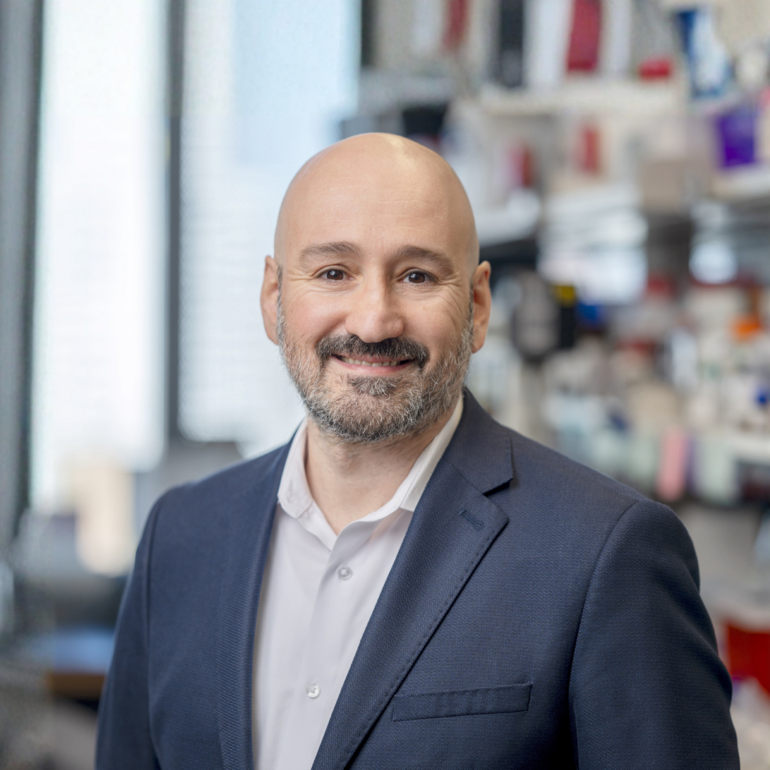
ctDNA shapes anti-EGFR rechallenge strategies in metastatic colorectal cancer
Recent research shows that molecular monitoring is key to identify a patient-tailored window of opportunity for rechallenge

How can regular exercise be integrated into the patient journey?
Although the benefits of exercise in patients with cancer are now well established, barriers to an effective integration of physical activity into cancer care remain

Personalised cancer vaccines: the next frontier or an elusive goal?
Although genomics-guided personalised cancer vaccines have demonstrated efficacy in early-phase clinical studies, we are still awaiting the results of larger-scale trials

Is there a role for GLP-1 in the prevention and treatment of cancer?
Interest is growing rapidly in the field of oncology in the anti-obesity drug target that has recently been investigated in large retrospective studies and preclinical models

Head and neck cancers: should research continue to invest in immunotherapy?
Despite growing disappointing results from clinical trials, focus should now turn to the design of studies to better reflect tumour heterogeneity

What is the clinical value of genomic profiling in rare cancers?
Early studies investigated the potential of genomic profiling, but prospective and comprehensive data are required to support wider implementation

Is less more for patients with genitourinary cancers?
Study results support alternative treatment regimens in prostate and urothelial tumours, showing similar efficacy to standard care while reducing treatment burden

Integrating multiomic spatial profiling and ctDNA for a deeper understanding of cancer complexity
Diverse approaches are investigated in oncology that also include the use of artificial intelligence

Next-generation CAR-T cells are in the pipeline
Novel approaches are being tested to overcome current challenges in the use of cellular therapies such as high toxicity and a complex manufacturing process

Target-led treatments for lung cancer – are they moving to the next level?
Antibody–drug conjugates may represent a step up from existing therapeutic options, but further optimisation and biomarker analyses are required.
